A favorite liberal sneer at the opponents of gun control is the suggestion that those who favor self-defense are fixated on the Old West and the imagined tradition of the lone gunslinger. Yet the most recent piece of gun control advocacy I have read – a smug little editorial in the relaunched New York Times Magazine – advised all those planning to arm themselves first to go and see Clint Eastwood’s Unforgiven. So it appears that neither side in the argument can manage without the imagery of the frontier and the cowboy. Like many immigrants to this country, I suspect, I will never cease to be surprised by certain things as long as I live here. People tell you their religious denomination when they sit next to you on United Airlines (“Of course, we’re Adventists”. Of course.) People tell you about their shrinks. And people believe in the right to keep and bear arms. I’ll never get over the first two, but I have, gradually, come to think that there is something truly admirable in a country that codifies the responsibility for self-defense. Pity it doesn’t make use of it.
If you take the Second Amendment as a whole (which the National Rifle Association and the political conservatives generally do not) it can be understood as enshrining the right, if not indeed the duty, of citizens to defend their country, and themselves, from aggression, including aggression from the government. The idea of the “well-regulated militia” arose from a hostility to the monarchistic imposition of a standing army. The time might come when the people might have to muster against the state. Well, what’s wrong with that? At present, the proud American citizen cowers at home, worried sick about crime and delegating, through votes and opinion polls, ever more power to “anti-crime” measures that increase statutory police power and rely upon lockdown procedures. At tax time, the same proud citizen hands over untold wealth to a titanic military bureaucracy that has usurped civilian authority in matters of foreign and defense policy. Emerging from his home, the same citizen still makes sure to put a “No Radio” sign in his car window (one of the most sickening emblems of capitulation I’ve ever seen) and to carry a $20-bill when jogging lest the mugger take offense at holding him up for nothing. (This piece of servility, too, is usually futile. You are more and more likely to be robbed and then shot in the face.) Meanwhile, every known civil liberty is mortgaged to a “war on drugs” that, in city after city, has meant police collusion with the drug dealers. Try calling the cops in the event of an assault on your home or your person and you risk being told in so many words that such stuff is beneath their attention. The social contract on “domestic tranquility,” at least as it exists between state and citizen, is broken.
The only thing wrong with this picture, as far as most liberals seem to be concerned, is that more people are tempted to go and buy a gun. On its own, of course, this is a stupid and desperate gesture and, in many cases at lease, increases the chance that you are handing your assailant a gun. But an equally valid conclusion from that objection would be that more people should be better instructed in the care and use of a defensive weapon. This would improve the odds, either in the case of an attack by a common criminal or in the case of an unlawful trespass by some gargoyle from the Bureau of Alcohol, Tobacco, and Firearms. Better to be judged by 12 than carried by six, as they say. The statistics on all this are inexact, but not as alarming as you might think. In cases where armed and experienced civilians have intervened to challenge armed criminals, the likelihood of bystanders being hit has been several times less than in similar interventions by police. More important, though, is something that cannot be statistically quantified. People who are constantly afraid have lost their self-respect. And in an effort to get it back, they call for vicarious revenge on crime by bellowing for law and order solutions. When these fail to deliver, the talk turns to vigilantism. So one ends up with the words of both worlds – bloated, corrupt and repressive police departments and assault weapons in the hands of the gangsters, with public opinion still poisoned by fear. Instead of a confident citizenry, one has a mass of atomized opinion-poll digits, crying in vain to authority to save them, and loosing off the odd, vicious, Bernhard Goetz-style fusillade. (The Black Panthers, who at least briefly taught better manners to the police, also succumbed to gangsterism and illustrated the futility of Wild West-type tactics. there is no street-theater solution to this problem). Thinking again about self-defense would involve reordering the idea of the “well-regulated militia”. In exchange for abolition of the military-industrial complex, who would not consider reporting for the occasional weekend – as in many democratic European nations – and acquiring the rudiments of weapons training, to be accompanied by a reading of the Constitution and the Bill of Rights? Utopian, you say. No more than the half- baked pacifism that, when preached by gun-controllers, has as its corollary a duopoly of force in the hands of the state and the criminal. Certainly no more utopian than the pathetic “guns for vouchers” swap meets that are now making police precincts a laughingstock as they concentrate on the disarmament of the law-abiding (and the opportunist). Since, with about 200 million guns on the scene, a gun-free future is not in the cards, and since the farce of Brady-style “registration” will have about the same effect as Prohibition had on narcotics, what could be more revolutionary and democratic than to nationalize and socialize the arms and weapons business? Instead of being another aspect of anarchy and alienation, it could become part of the solution. It would also cut with the American grain. Of course guns kill people. That’s why the people should take control of the guns.
This essay originally appeared in the January 24, 1994 issue of the Nation.

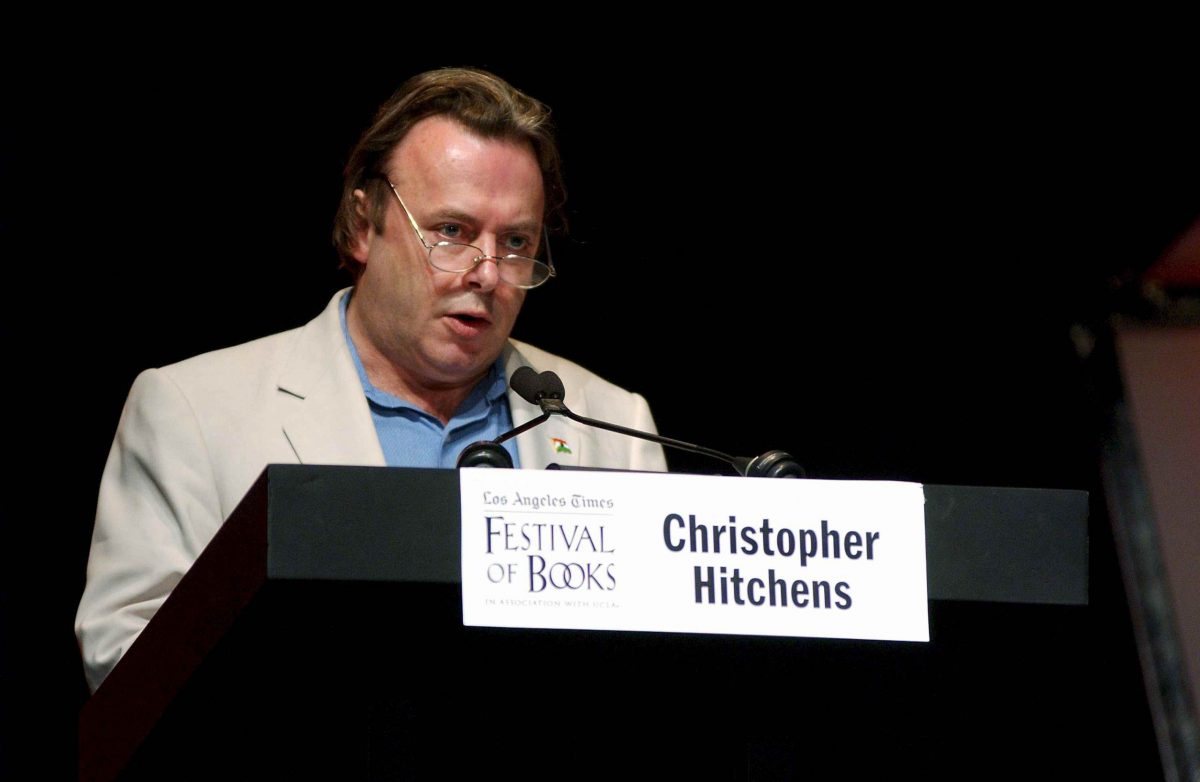
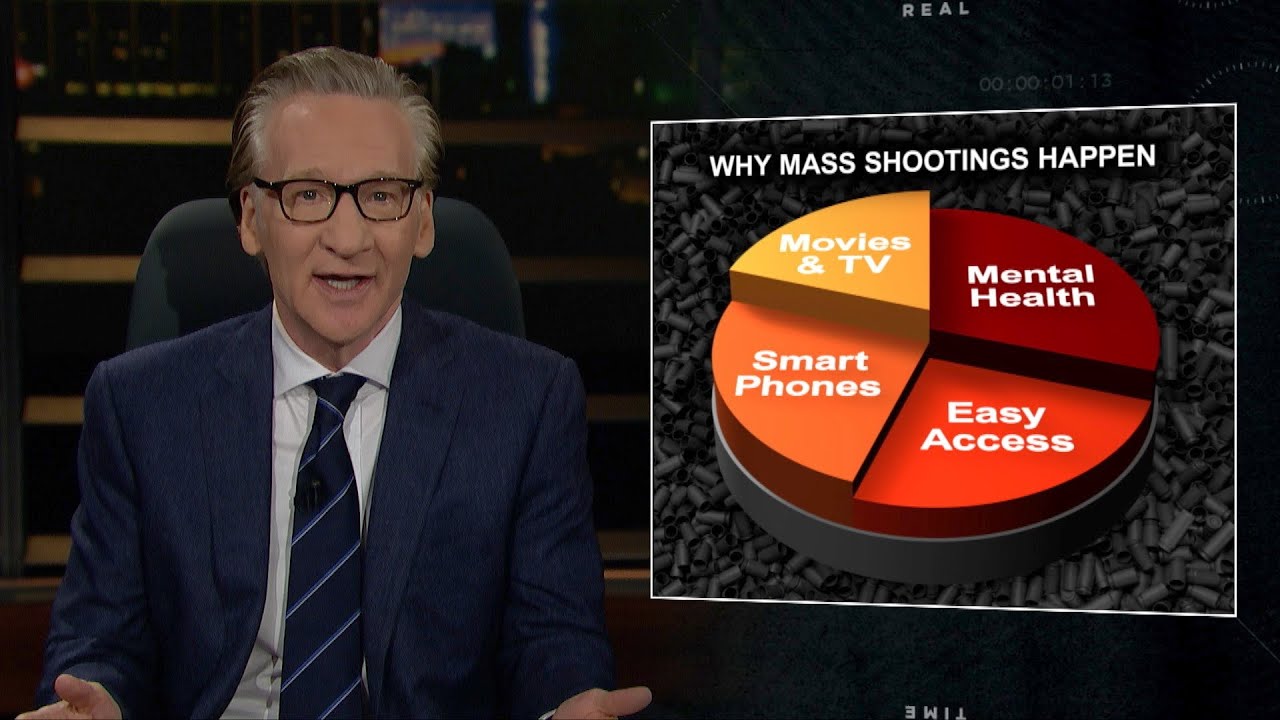
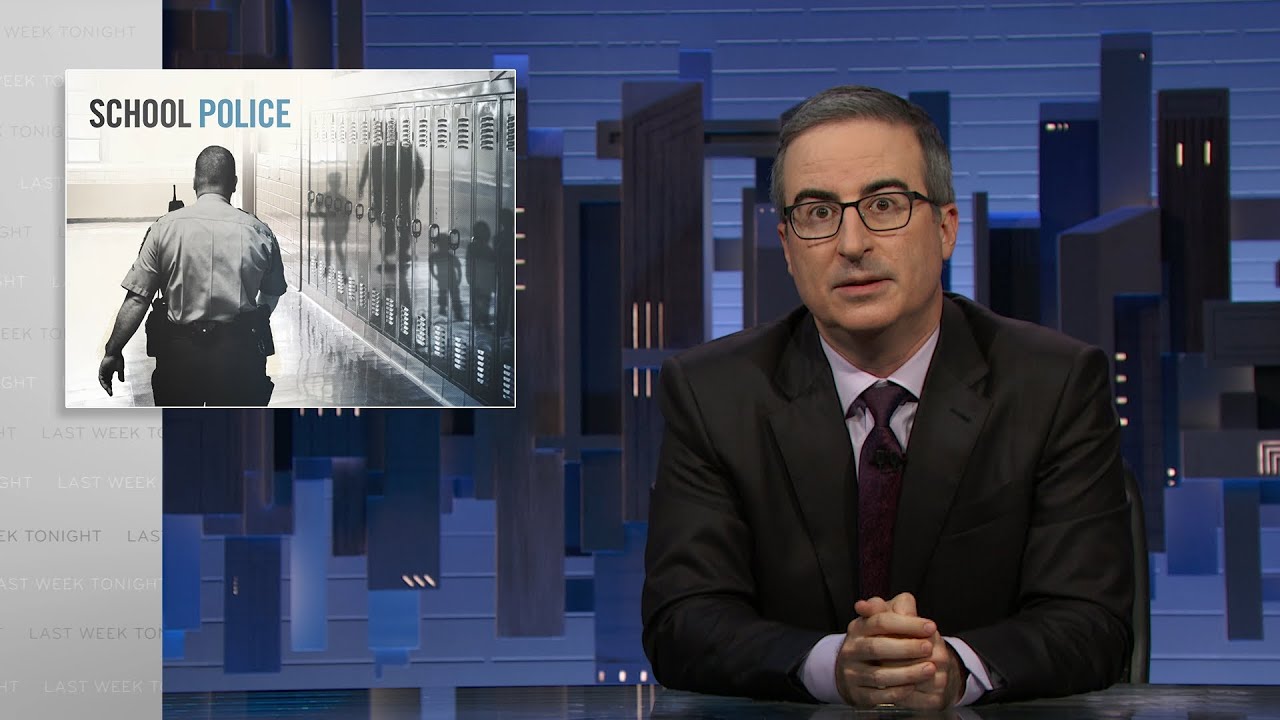
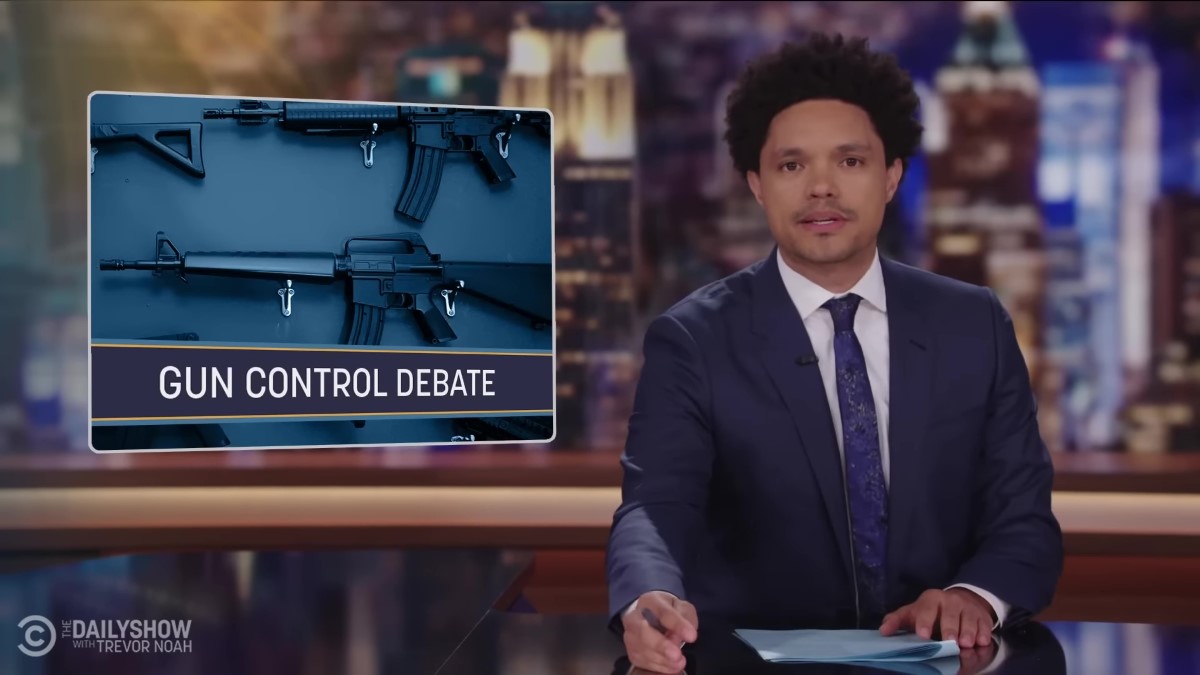
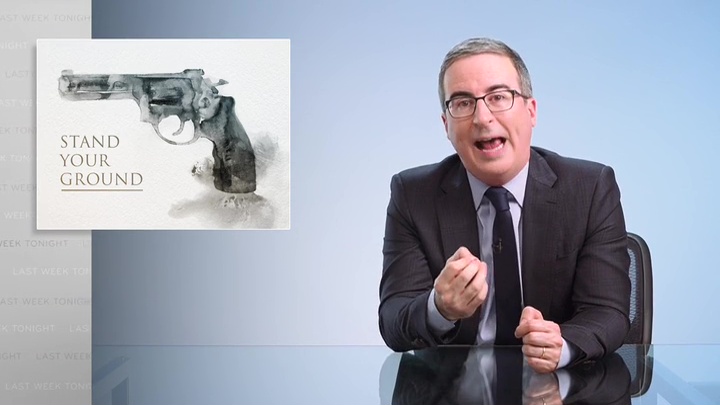
4 thoughts on “The Myth of Gun Control – By Christopher Hitchens”
What did Hitchens mean by “what could be more revolutionary and democratic than to nationalize and socialize the arms and weapons business”?
He’s saying that our freedom to bear arms had to actually be used so we can protect ourselves rather than pay for a bloated military. Personally, I think we would still need a military. Guns for everyone could mean chaos. But I see where he is coming from.
He means what he said before that:
“Thinking again about self-defense would involve reordering the idea of the “well-regulated militia”. In exchange for abolition of the military-industrial complex, who would not consider reporting for the occasional weekend – as in many democratic European nations – and acquiring the rudiments of weapons training, to be accompanied by a reading of the Constitution and the Bill of Rights?”
The modern militia-army model of this is Switzerland.
It is too bad this is from 1994, when Hitchens believed momentarily the US military was bloated/no longer necessary (End of History ideology), and advocating for some kind of dramatic Peace Dividend reforms. I wonder if there is a post-Bosnia or post-Iraq article about gun control